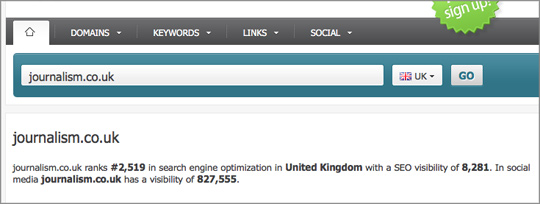Marc Thomas is an online magazine publisher based in Cardiff and the creator of Plastik magazine. In a blog post today he says he noticed his site’s traffic went up when he published fewer articles:
At some point, a website hits a critical mass of articles which means publishing less frequently doesn’t matter for site stats.
There was a point, say about July last year, when I had to work really hard to get people to visit Plastik Magazine. While it was popular, I needed a couple of thousand unique users monthly to be able to attract any kind of commercial interest (advertisers, sponsors, big names).
However, back in January, I made a conscious effort to publish less frequently but publish better stuff. I imagined that I might publish one article a day, five days a week. What actually happened is that on a really busy week, I published three or four articles in total. Then, in quiet weeks, I might publish one small piece or nothing at all.
Weirdly, my traffic went up.
Thomas theorises this might be due to a critical mass of articles and a heavy investment in SEO, but is seeking other theories or similar stories. Read the full article and get in touch with him here.
